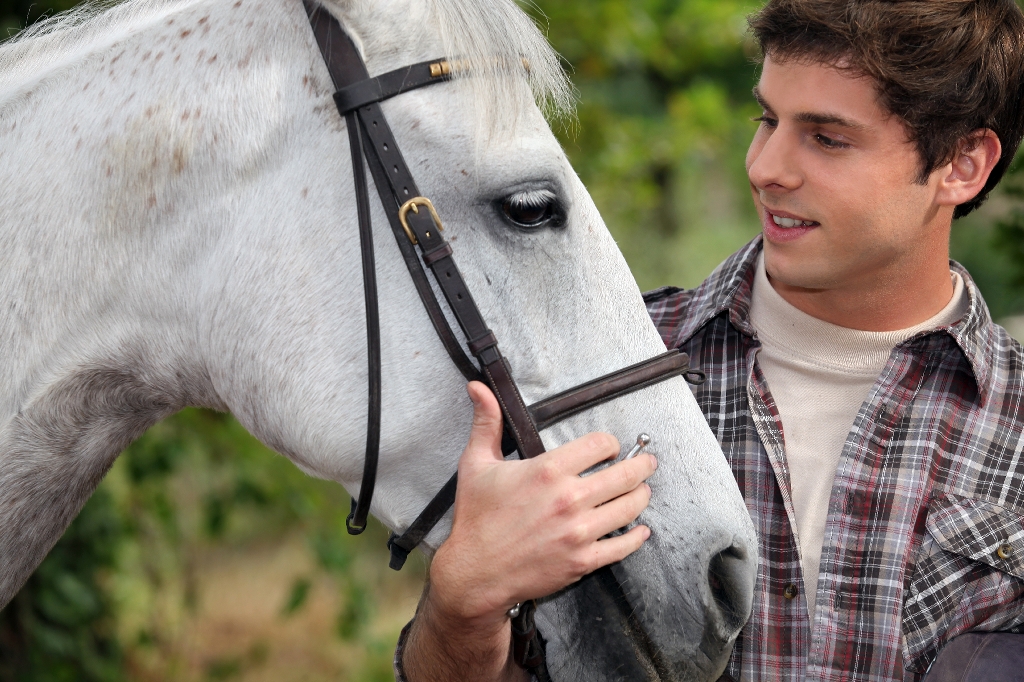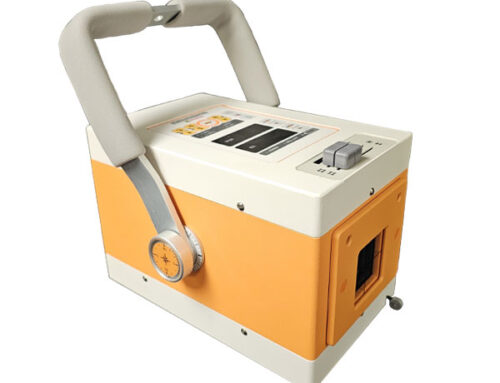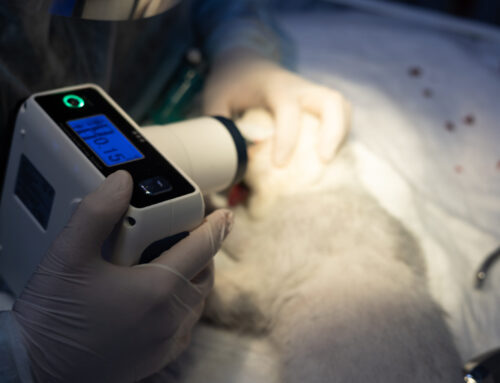Want to be make a career of running around with the most beautiful horses? Maybe becoming a bloodstock agent is the job for you. You won’t get too dirty and, best of all, this is one of the few jobs with horses that can make you some real money! If you’re good at it, of course.
What does a bloodstock agent do?
Research pedigrees, document the results of your research and then travel to check them out. More often than not, your clients will have a specific horse in mind, so you need to find affordable horses that meet their particular needs. You will probably go with your clients to check out the horse(s), or go with them to an auction or stud farm. They’ll depend on you and your well-developed expertise.
Traditionally, bloodstock agents have worked in the racing industry, and with thoroughbreds or standardbreds. Nowadays, more and more breeders, owners and riders are using agents.
Where do I begin?
Education, developing an “eye,” and salesmanship. You’ll need to learn about the most popular theories of horse breeding, like The Female Line, Nicking, and Dosage. Some methods, like Dosage, use a point system that includes complicated mathematical formulas. A degree in genetics may be a bonus, but it isn’t necessary.
There are some courses you can take. Try contacting the registries of the breeds you want to work with, and see if they know of farms that offer bloodstock courses. Many equestrian colleges offer programs or classes in equine genetics.
Next, you need to learn about the breeding of horses in your industry of choice. Get a hold of industry magazines and seek out auction catalogs. Familiarize yourself with main bloodlines and the type of horse they produce, and which crosses work best, etc. Test yourself–pick a horse, estimate the sales price and confirm the actual price paid!
Your clients will rely on your being able to point out what a good horse looks like–it’s called “having a good eye.” And you can only develop that skill by looking at hundreds of horses. Start with photos, but know that you have to get with the horses to watch how they move, their behaviors with humans and other horses, etc. Contact your local stable for some help. Or better still, volunteer at the stable or a farm or a racetrack. Hone your skills and identify the best–the one that you would recommend to a paying client. And for those of you who are lucky enough to knowing a working bloodstock agent–tag along and offer to assist them!
You will need to be a good salesperson, so excellent writing and communication skills are a must.
How does a bloodstock agent make money?
Most agents charge a mix of fees and commissions, but one standard prevails–the money you make depends on how good you are! Some take a percentage of the price of a horse, others charge additional fees for research or attending a sale. Bloodstock agents trying to match a breeder’s mares with the best choice of stallion may take a commission from the sale price or winnings of an offspring. The business of bloodstock agent is all about getting good references that result not only in repeat business but new clients. And how do you get those good references? By consistently identifying good horses at good prices.
The one thing to keep in mind is that the business contains a huge element of chance. A horse with poor breeding can be a great jumper; a well-bred horse can be slow as molasses. A successful blood stock agent combines learning with solid “horse sense”…pun intended!






